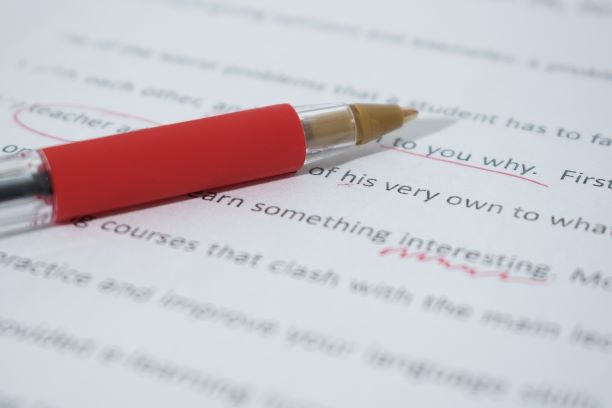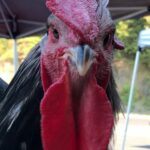 So, you’ve finished your novel, let it sit, made some revisions, and now you’re ready to send it to an editor. Not quite. First you need to do some self editing.
So, you’ve finished your novel, let it sit, made some revisions, and now you’re ready to send it to an editor. Not quite. First you need to do some self editing.
But, you’re not good at editing, you say. Well, too bad. Get good. I’m not joking, and I’m not being flip, either. As an author, whether self-published or traditionally published, you need to be a decent self-editor. Does that mean you need to go back to school to get an English degree? Of course not. But, as a reader, you have an idea of what makes a good story. The point of editing is getting it ready for the world to see. That means you want a manuscript that flows smoothly and is free of errors. The good news is good editing is often as much about taking time and care in evaluating your manuscript than it is about being a grammar fiend. Yes, you want a professional editor in the end, but you doing a bang-up job with it first, helps for many reasons. First, it costs more for an editor to work with a sloppy manuscript than it does to work with a fairly clean one. [A big reason many authors send their manuscripts out to beta readers before editors – but you still need to self-edit first.] Second, a particularly sloppy manuscript that requires a lot of work from the editor will lead to editing fatigue. So many errors make the editor lose his or her freshness and certainly prevents them from looking forward to coming back to it.
So, if you’re not great at editing, but want to punch it up, how do you do it? Continue reading “Four Tips to Help You Self-Edit”
Like this:
Like Loading...
 Authors who write romance are required to include a few stumbling blocks in the path of their protagonists on the way to their happily-ever-after. But their largest professional organization, Romance Writers of America, has hit a stumbling block so high that the group’s survival is in doubt.
Authors who write romance are required to include a few stumbling blocks in the path of their protagonists on the way to their happily-ever-after. But their largest professional organization, Romance Writers of America, has hit a stumbling block so high that the group’s survival is in doubt.
 Most writers think gimmicks are stupid. Well, I’m here to dispel that rumor. Gimmicks, if used effectively and “discreetly,” can benefit book sales greatly. Sometimes it’s not WHAT your gimmick is, but WHO your gimmick is. Yes, who. And my who has two legs, feathers, and at times, an attitude.
Most writers think gimmicks are stupid. Well, I’m here to dispel that rumor. Gimmicks, if used effectively and “discreetly,” can benefit book sales greatly. Sometimes it’s not WHAT your gimmick is, but WHO your gimmick is. Yes, who. And my who has two legs, feathers, and at times, an attitude. So, you’ve finished your novel,
So, you’ve finished your novel,  The genre lists are basically an oleo of labels, developed organically over the years, meant to be marketing tools, and their primary objective is to give prospective buyers a hint as to the kind of story they are likely to find. But Children’s, Young Adult and to some extent New Adult are meta-classifications based on the age of the reader. As a sub-heading under that, you can list all the usual genres: Children’s Science Fiction, YA Romance, etc. So when writers are choosing their genres, they can’t deal with the age genres the same way as they treat the regular ones. For example, the age guidelines were created for three separate reasons.
The genre lists are basically an oleo of labels, developed organically over the years, meant to be marketing tools, and their primary objective is to give prospective buyers a hint as to the kind of story they are likely to find. But Children’s, Young Adult and to some extent New Adult are meta-classifications based on the age of the reader. As a sub-heading under that, you can list all the usual genres: Children’s Science Fiction, YA Romance, etc. So when writers are choosing their genres, they can’t deal with the age genres the same way as they treat the regular ones. For example, the age guidelines were created for three separate reasons.